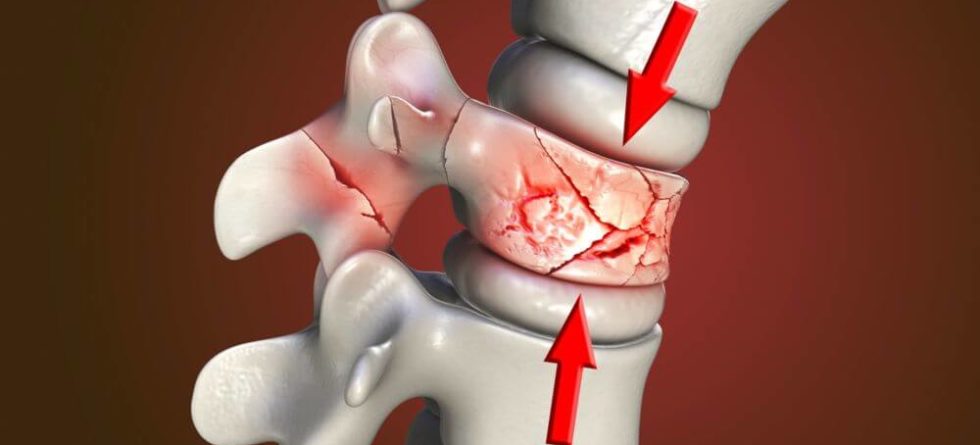Yes, physical therapy can be beneficial in managing and rehabilitating compression fractures. A compression fracture is a type of fracture that occurs in the spine when a vertebra collapses or is compressed, often due to osteoporosis, trauma, or other medical conditions.
Physical therapy can play a crucial role in the recovery process for compression fractures by addressing several key aspects
- Pain Management – Compression fractures can be painful, and physical therapists can use various techniques such as heat or ice therapy, manual therapy, and gentle exercises to help manage pain and reduce discomfort.
- Restoring Mobility and Flexibility – The spine may become stiff after a compression fracture, leading to reduced mobility. Physical therapists can design specific exercises and stretches to help restore flexibility and improve range of motion in the spine.
- Strengthening Muscles – Strengthening the muscles that support the spine is vital for stability and preventing future injuries. Physical therapists can develop a customized exercise program to target the core, back, and abdominal muscles to provide better support for the spine.
- Posture and Body Mechanics – Learning proper body mechanics and posture is essential to protect the spine and prevent further stress on the affected area. Physical therapists can educate patients on correct lifting techniques, bending, and other activities of daily living to minimize strain on the spine.
- Balance and Coordination – Compression fractures can affect balance and coordination. Physical therapy can incorporate balance exercises and functional training to enhance stability and reduce the risk of falls.
- Safe Return to Activities – Depending on the severity of the compression fracture, certain activities may need to be modified or avoided during the healing process. Physical therapists can guide patients in gradually resuming normal activities while ensuring they don’t compromise their recovery.
- Osteoporosis Management – If the compression fracture is due to osteoporosis, physical therapists can provide guidance on lifestyle modifications, nutrition, and exercise to improve bone health and reduce the risk of future fractures.
Work with a qualified physical therapist who has experience in treating compression fractures.




